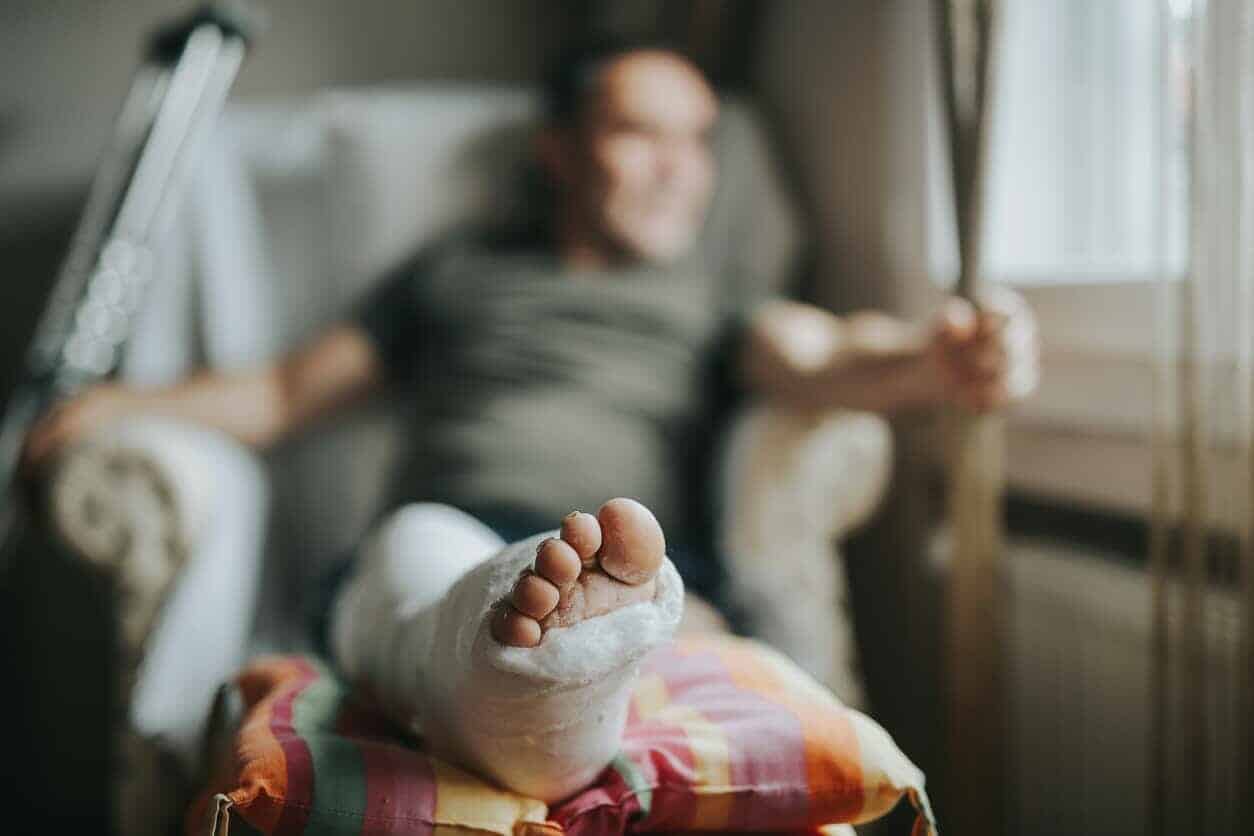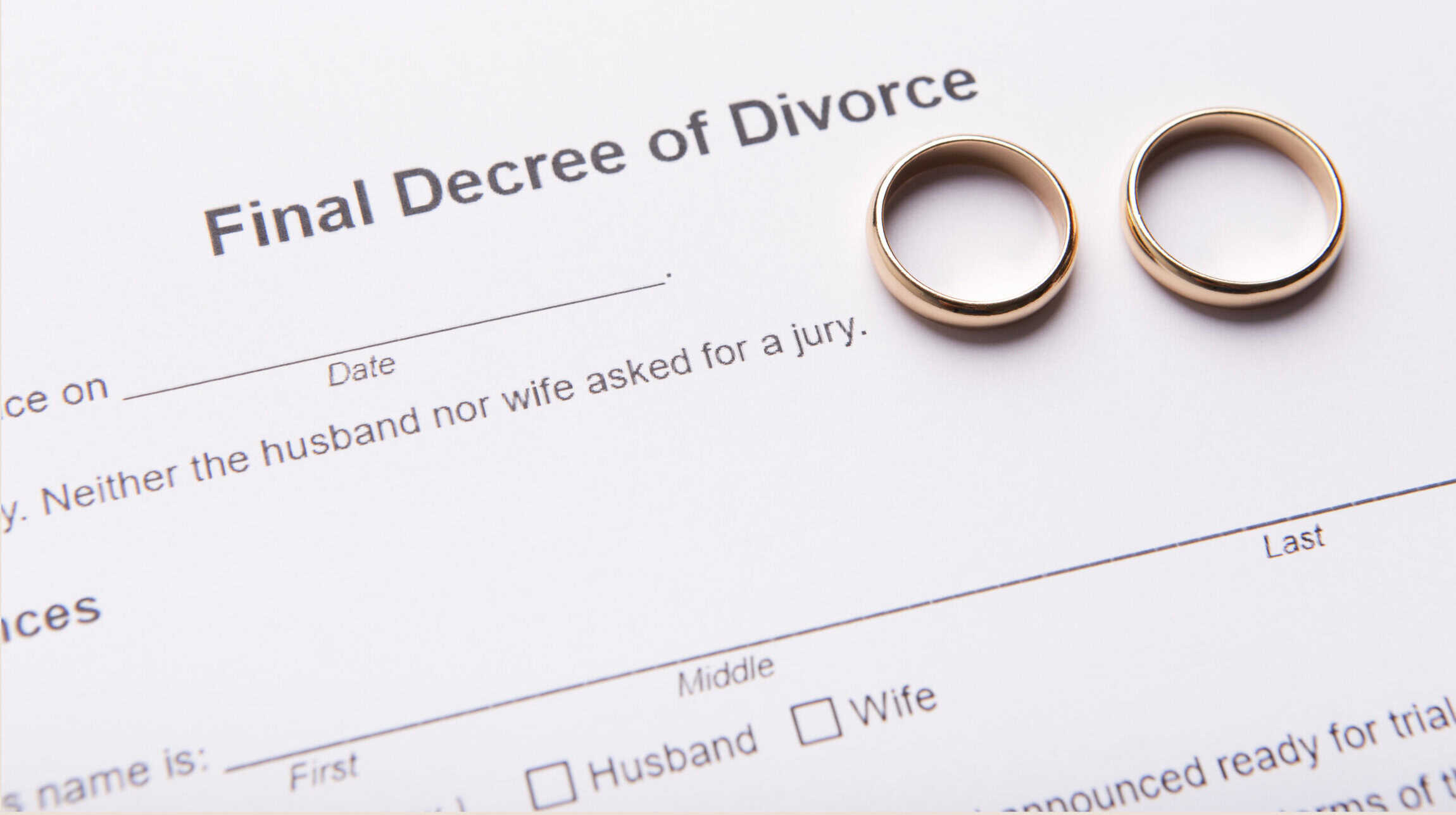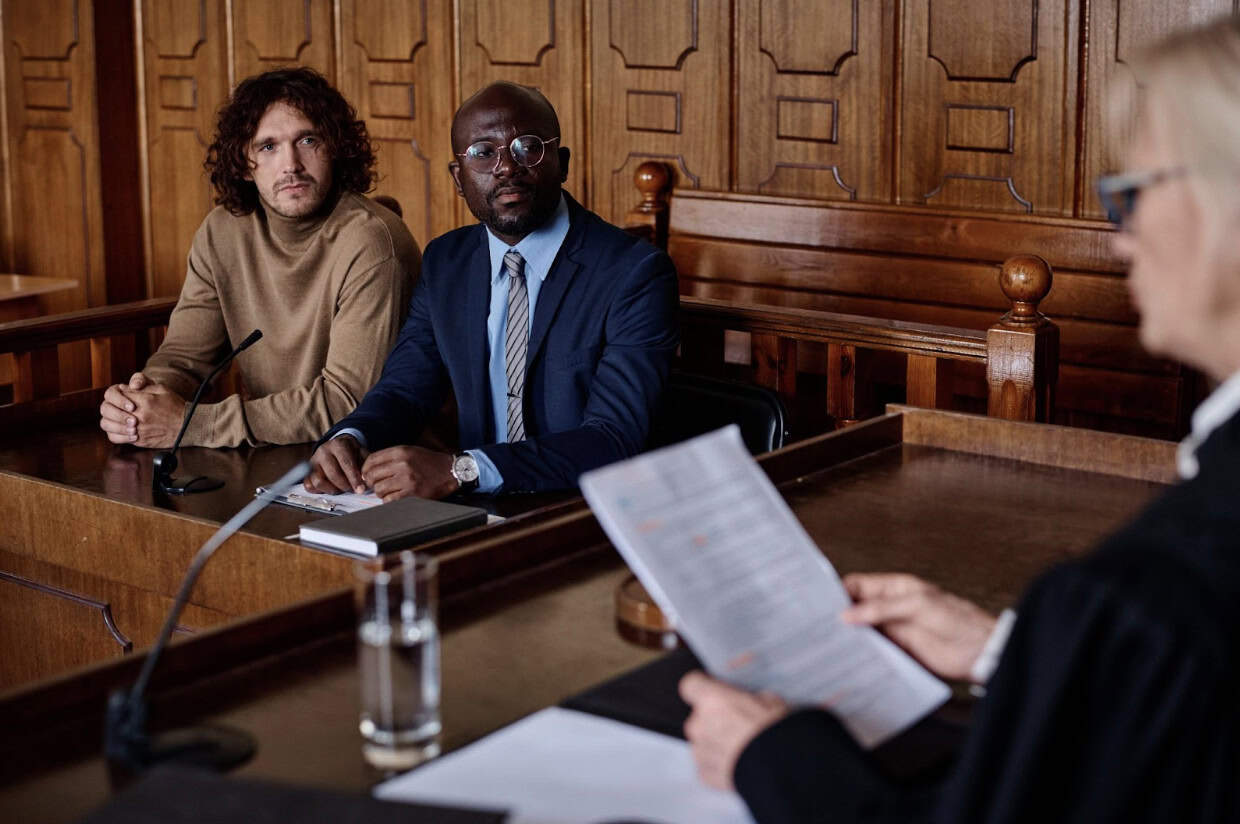If you’re injured by another person’s negligence, Virginia law allows you to make a claim for financial compensation against the at-fault party. The Virginia personal injury compensation rules provide for specific types of damages that may be recoverable. The amount of recovery depends on the nature and extent of the injury and the evidence in the case.
Types of Virginia Personal Injury Compensation
A person injured by the negligence of another person — whether in a car accident, slip and fall, dog bite, or other accident — may be able to recover compensation from the person who caused the injury. The elements of a Virginia personal injury compensation claim fall primarily into two categories: Economic or special damages, and non-economic or general damages.
Economic damages are items that can be calculated from the evidence in the case, such as:
- Medical bills and expenses
- Future medical treatment costs
- Past and future lost wages
- Repair or replacement costs for property damage
- Cost for necessary assistance resulting from the injury
- Out-of-pocket costs
Non-economic damages address intangible losses, such as:
- Past and future pain and suffering
- Bodily injury
- Permanent disfigurement, impairment, or disability
- Past and future mental anguish, humiliation and embarrassment
- Past and future inconvenience
Virginia law also allows personal injury compensation to include punitive damages, which solely punishes the at-fault party for exceedingly wrongful conduct. Punitive damages are rarely awarded in a personal injury case. Compensation usually only includes special and general damages.
Calculation of Personal Injury Damages
There is not a simple way to calculate damages in a personal injury case. Establishing the value of your case requires complex analysis. Calculating and proving compensation as part of your claim requires help from a knowledgeable personal injury attorney.
Your lawyer determines the total amount of compensation from the evidence and documents in the case and additional information you provide. In some cases, expert witnesses also help to establish the level of injury and compensation.
Medical bills, lost wages, and similar items can be calculated from medical records and other documents and financial information. In contrast, calculating compensation for pain and suffering, emotional distress, and other general damages is extremely complicated. When a case involves a serious injury, general damages can be a substantial amount — but determining the value requires professional judgment. Evidence of pain and suffering is based in part on medical records, but it also can be based on evidence of how the injury affected your life and relationships at home, socially, and at work. You work closely with your attorney to document all these elements of general damages.
Effect of Contributory Negligence
Virginia has a contributory negligence rule that applies to all personal injury cases. The rule states that if the injured victim’s own conduct contributed to the accident and injuries, even to the slightest extent, the victim cannot recover any compensation from the at-fault party. The rule is harsh and unfair, but it is the law in the state.
Contributory negligence is one of the most important reasons that you should never talk with an at-fault party’s insurance company after an accident. The insurance company’s goal is to find a way to deny your claim. Since contributory negligence completely negates your ability to recover, the insurance adjuster will try to get you to admit facts that constitute contributory negligence. If you do that, you’ve lost the case.
After you get medical treatment for your injury, your first call should be to an experienced personal injury attorney. If the insurance company contacts you, do not talk with them. Simply tell the adjuster that your attorney will be in touch. Then contact a lawyer. At Renfro & Renfro, your first consultation and case evaluation are always free and without obligation, so you lose nothing by talking with us.
Preserving the Value of Your Personal Injury Case
When you have an accident claim, your actions after the accident can significantly affect the personal injury compensation you can recover. As already mentioned, getting a lawyer is one of the most important steps to take. But the time it takes to recover and make progress on the claim can seem endless. While you wait, patience is important. You also need to be careful not to do anything to jeopardize your claim.
Talking about your accident with anyone other than your lawyer and medical team can seriously backfire. That caution applies throughout the entire claim process, starting immediately after the accident. Posting on social media about your injuries is a significant risk. In fact, posting on social media at all can cause problems in your case.
If you post seemingly innocent photos or statements that have nothing to do with the accident or your injuries, you can still affect the case, if you provide any evidence that conflicts with the injury claims in the case. The best advice is to avoid social media entirely until your case is over. It’s a good idea to ask your family and friends to do the same.
Schedule a Free Consultation with Our Virginia Personal Injury Attorneys
If you received injuries that may provide the basis for a personal injury claim, you should talk with a lawyer at the earliest opportunity. Our Virginia personal injury attorneys at Renfro & Renfro take pride in our client-focused approach to injury cases and our steadfast commitment to getting each client the full compensation they deserve. We welcome you to call us at (804) 601-4433, or contact us for a free consultation.






